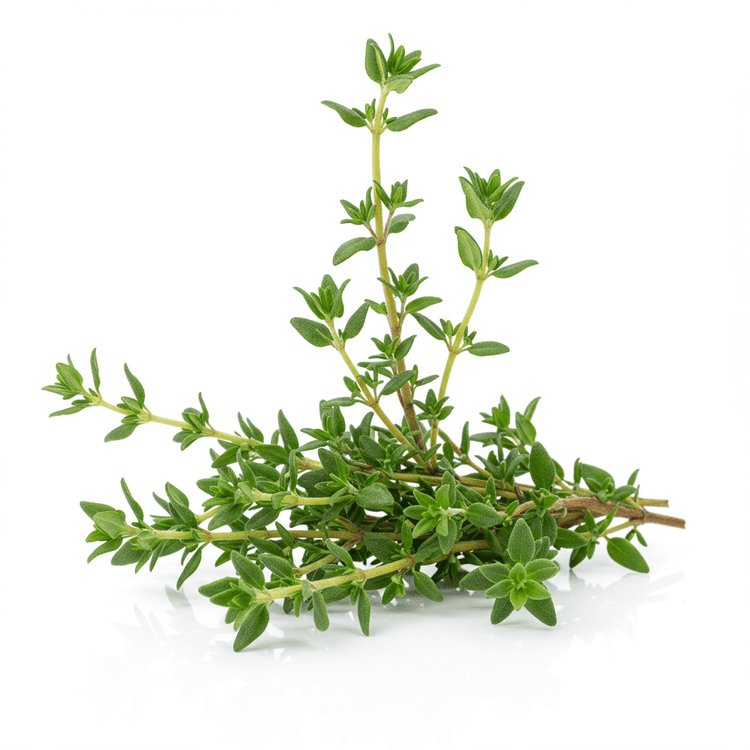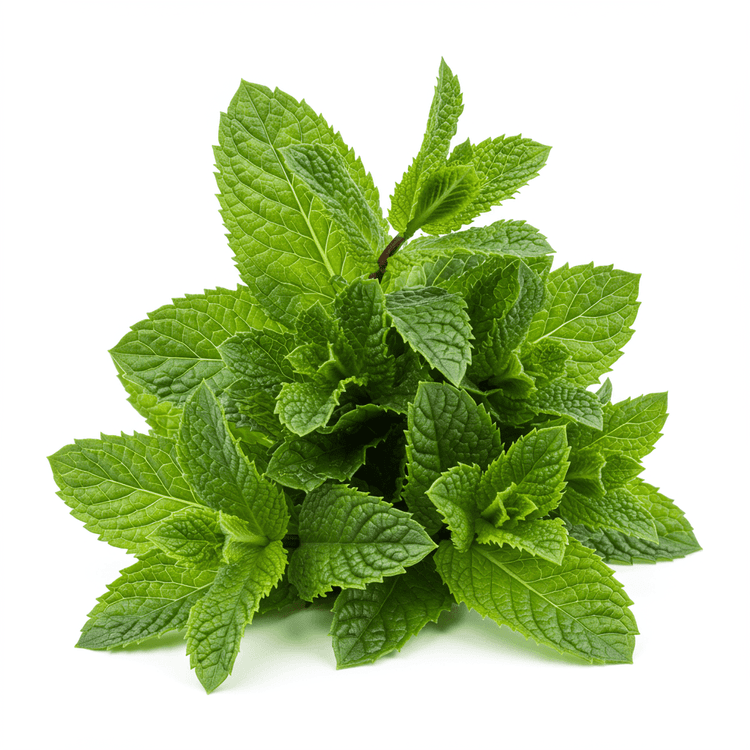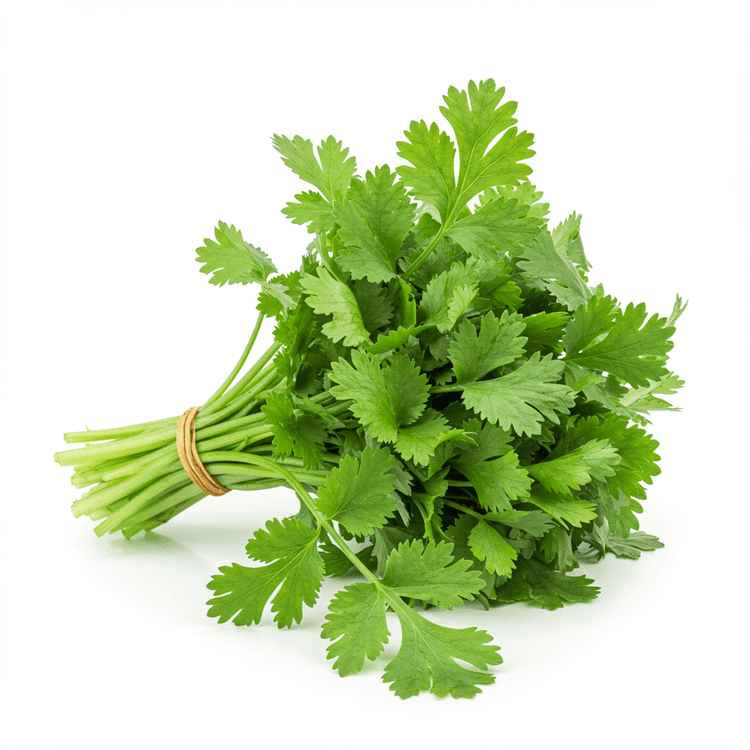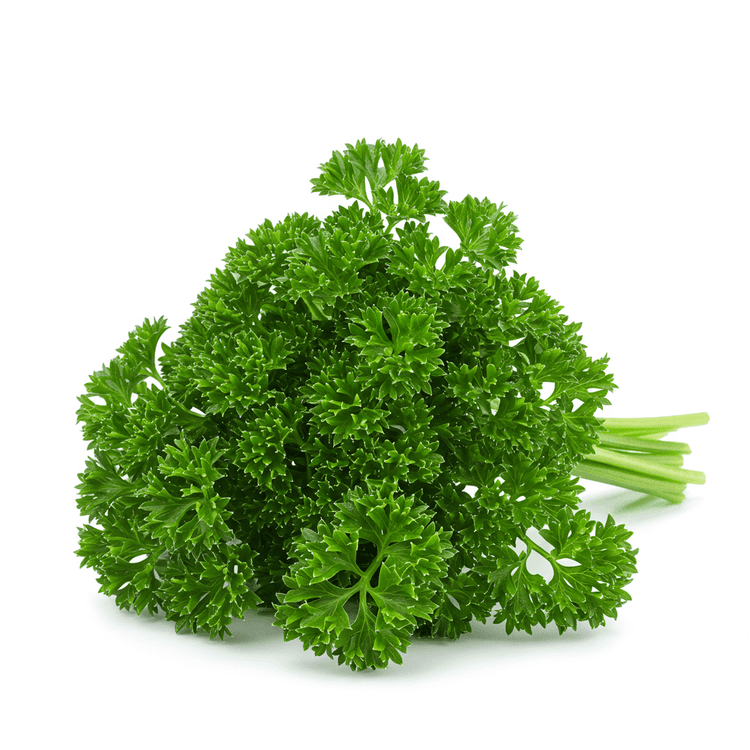
Tuj
Tuj, also known as Thuja occidentalis or Eastern white cedar, is primarily recognized as an evergreen coniferous tree. While not typically consumed as a food ingredient, its aromatic foliage has historical, limited uses in teas and medicinal preparations. The flavor is often described as strong, resinous, and slightly bitter. The texture is not applicable as it's rarely eaten directly. The appearance is characterized by scale-like leaves that are bright green and turn slightly brownish in winter. Disclaimer: Consumption of tuj should be approached with extreme caution due to potential toxicity. Consult with a healthcare professional before using tuj for any purpose. This information is for educational purposes only and not a recommendation for consumption.
Common Uses
- Aromatic Infusions (Use with Extreme Caution): Historically, very small amounts of tuj leaves were occasionally infused to create aromatic teas. These are usually consumed in the form of medicinal preparations. Use with extreme caution and only under professional guidance due to potential toxicity.
- Essential Oil Production (Not for Culinary Use): The leaves and wood of the Thuja occidentalis tree are steam-distilled to extract essential oils. These oils are primarily used in aromatherapy, perfumery, and some cleaning products. It is not for culinary use.
- Herbal Remedies (Under Professional Guidance Only): Traditionally, and under strict professional guidance, some practitioners have used highly diluted preparations of Thuja occidentalis for its perceived medicinal properties. This is a highly specialized application.
- Ornamental Use: Thuja occidentalis is commonly planted as an ornamental tree in gardens and landscapes. It provides a beautiful, evergreen backdrop for other plants.
Health Benefits
- May support healthy digestion due to its potential fiber content.
- Can contribute to a balanced diet when consumed in moderation.
- May offer trace minerals, contributing to overall well-being.
- Could provide a source of energy through its carbohydrate content.
- May support gut health with its effect on intestinal flora.
Chefadora AI is here.
Experience smarter, stress-free cooking.
Storage Tips
Since 'tuj' is not a commonly recognized food ingredient, providing specific storage tips is challenging. If 'tuj' refers to a dried herb or spice blend, store it in an airtight container in a cool, dark, and dry place away from direct sunlight and heat. This will help to preserve its flavor and aroma. Generally, dried herbs and spices can last for 1-3 years when properly stored. If it is fresh produce, it should be refrigerated in a crisper drawer.
Marnirni-apinthi Building, Lot Fourteen,
North Terrace, Adelaide, South Australia, 5000
Australia




